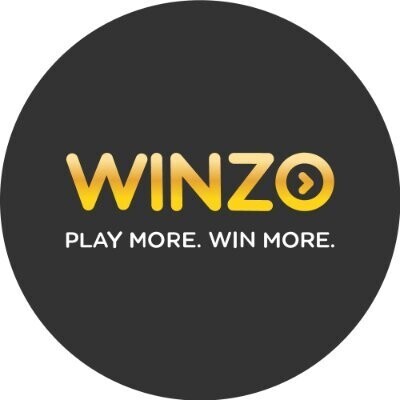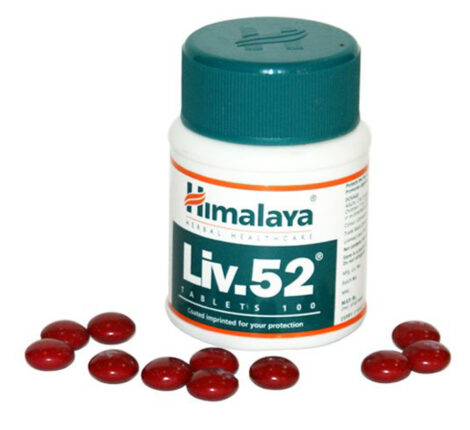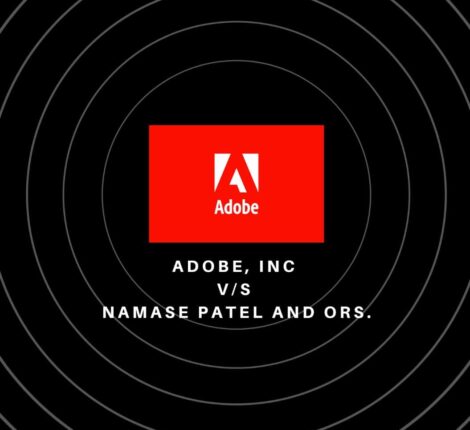The tussle with trademarks in digital world
Recently, the Hon’ble Delhi High Court in Tictok Skill Games Pvt Ltd v/s Head Digital Works Private Limited[1] dealt extensively with trademark use in meta-tags and discussed the issue relating to personal jurisdiction in cyberspace.
FACTS OF THE CASE:
The plaintiff is a digital game and technology firm founded in 2016. It has established a reputation by registering the trademark ‘WinZo’ and other related trademarks in the gaming industry. The defendant used the plaintiff’s trademark as a meta-tag on its website on Google, even being in the same industry as the plaintiffs under the name ‘A23’. Thus, if a user searched for the plaintiff’s trademark ‘WinZo’ or ‘WinZo Games’ on a search engine, one of the first search results would be the defendant’s website, with the headline ‘WinZo Game-Get Rs.50 instant Free Cash-a23.com.’ As a result, the defendant has successfully capitalized on the plaintiff’s good name.
Also read: Are Keywords Considered For Trademark Infringement?
CONTENTIONS:
The plaintiff’s counsel claimed that as the owner of the registered trademark WinZo, the plaintiff had statutory, proprietary, and common law rights in the marks allowing the plaintiff to prevent others from using names or markings that are confusingly similar to the plaintiffs. The deceptive similarity between the plaintiff’s and the defendant’s marks is such that it is highly possible to cause public misunderstanding.
OBSERVATION:
In light of the plaintiff’s submissions and the documents on the record, the Hon’ble Delhi High Court stated that the plaintiff had established a prima facie case in its favor. The Court furthered that while the defendant has its brand called ‘A23’, the first words used in the advertisements are ‘WinZo’ and ‘WinZo Games’, giving the impression that the same is affiliated with the plaintiffs. The defendant has just divided the term ‘WinZo’ into ‘Win Zo’ notwithstanding the Cease-and-Desist Notice, which indicates that they are still profiting from the falsehood, albeit at the expense of the plaintiff.
In these circumstances, Justice Asha Menon of the Hon’ble Delhi High Court restrained the defendant from using the words ‘WinZo’ and ‘WinZo Games’ or their variations on its website or online ads until the next date of hearing, as evidenced by the plaintiff’s papers and excerpts in the plaint.
Also read: Apple Sued For Copyright Infringement In The US
Comments:
The Jurisdictional Issues of Trade Marks in the Digital Era [2]have prompted a lot of anxiety among trademark owners since it is becoming increasingly difficult to track down the offender over the internet. The issue that arises in the proprietors’ minds is where they may bring a claim for trademark infringement.
Similarly, in the case of People Interactive (I) Pvt. Ltd. vs. Ammanamanchi Lalitha Rani & Ors. [3] the rival marks were Shaadi.com and Get Shaadi.com. Upon comparing the marks, the Hon’ble Bombay High Court found the impugned mark was deceptively and confusingly similar to the plaintiff’s mark and thus, restrained the Defendants from using the mark and domain Get Shaadi.com and directed the domain name Registrar, who registered the impugned domain name of the Defendant Nos.1 & 2, to deregister or terminate the registration of the impugned domain name <www.getshaadi.com>.
Further, in the case of People Interactive (I) Pvt. Ltd. v. Gaurav Jerry [MIPR 2014 (3) 101][4] the plaintiff – the proprietor of the website Shaadi.com – petitioned the High Court of Bombay to prevent the defendant from using the domain name and mark ‘ShaadiHiShaadi.com’ for similar services. The defendant was utilizing the plaintiff’s property mark ‘shaadi.com’ and its domain name www.shaadi.com > as part of its “meta tags,” according to the Court.
In the landmark case of Kapil Wadhwa v. Samsung Electronics Co. Ltd. [194 (2012) DLT 23][5] the Single Judge Bench explored meta-tagging in length and was supported by a Division Bench of the High Court of Delhi. The Court decided that using third-party marks as a meta tag is prohibited since it allows the defendant to profit off the plaintiff’s reputation. The end-user or client is unaware of the trademark employed as a keyword in the code, and even when the buyer is unaware of the usage, it is considered prohibited.
Adequate domain name security is crucial to businesses’ efforts in this day and age of digital marketing. They are continuously hunting for new and inventive tactics to maximize their online presence. While domain names serve the conventional trademark role of functioning as source identifiers in the cyber world, their capacity to draw potential consumers to a company’s website who may not have planned to visit that specific website in the first place adds to its relevance. As a result, businesses strive to create a domain name that is relevant, distinctive, and simple to remember and improves the website’s rating in search engine results when consumers type in a related query. At first glance, there is nothing illegal about businesses taking steps to expand their online customer base. However, problems arise when some companies resort to tactics like cybersquatting/using trademarks of well-known/competing brands in their meta tags to achieve higher search engine rankings or a more extensive online customer base.
[1] CS(COMM) 613/2021
[2] https://blog.ipleaders.in/jurisdictional-issue-trade-marks/
[3] https://www.mondaq.com/india/trademark/364796/bombay-high-court-pronounces-on-personal-jurisdiction-in-cyberspace-and-use-of-trade-mark-in-meta-tags–from-our-corner
[4] https://www.algindia.com/article-does-use-of-trademark-as-meta-tag-amount-to-trademark-infringement/
[5] https://indiancaselaws.wordpress.com/2013/10/19/samsung-electronics-co-ltd-v-kapil-wadhwa-single-judge-bench/
Authored by: Vartika Vaishnavi; student of Kirit P Mehta School of Law
Disclaimer: This brief is intended to provide general guidance to the subject matter. It does not contain legal advice. For any specific advice/corrections, write to info@zestip.com
© ZEST IP




